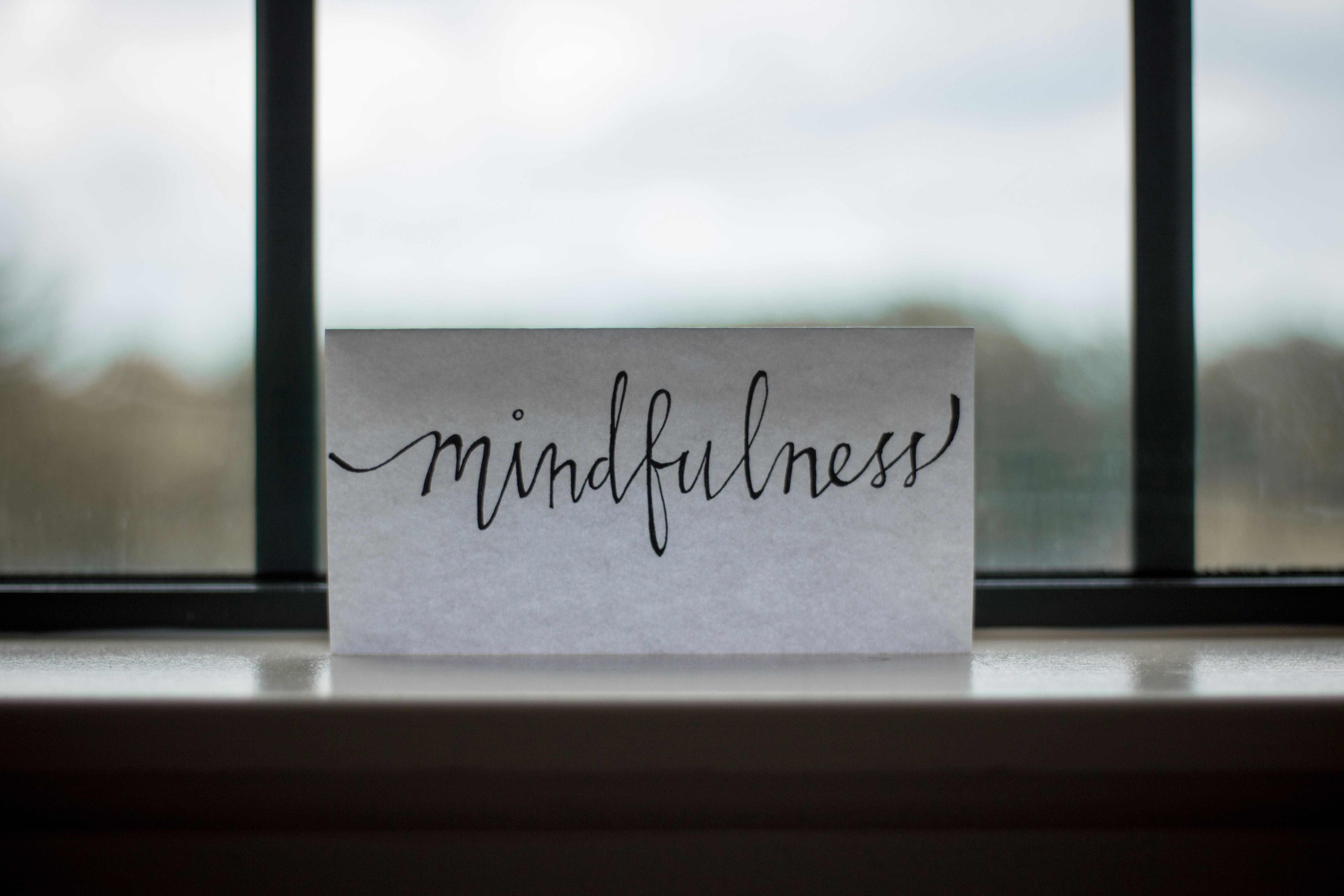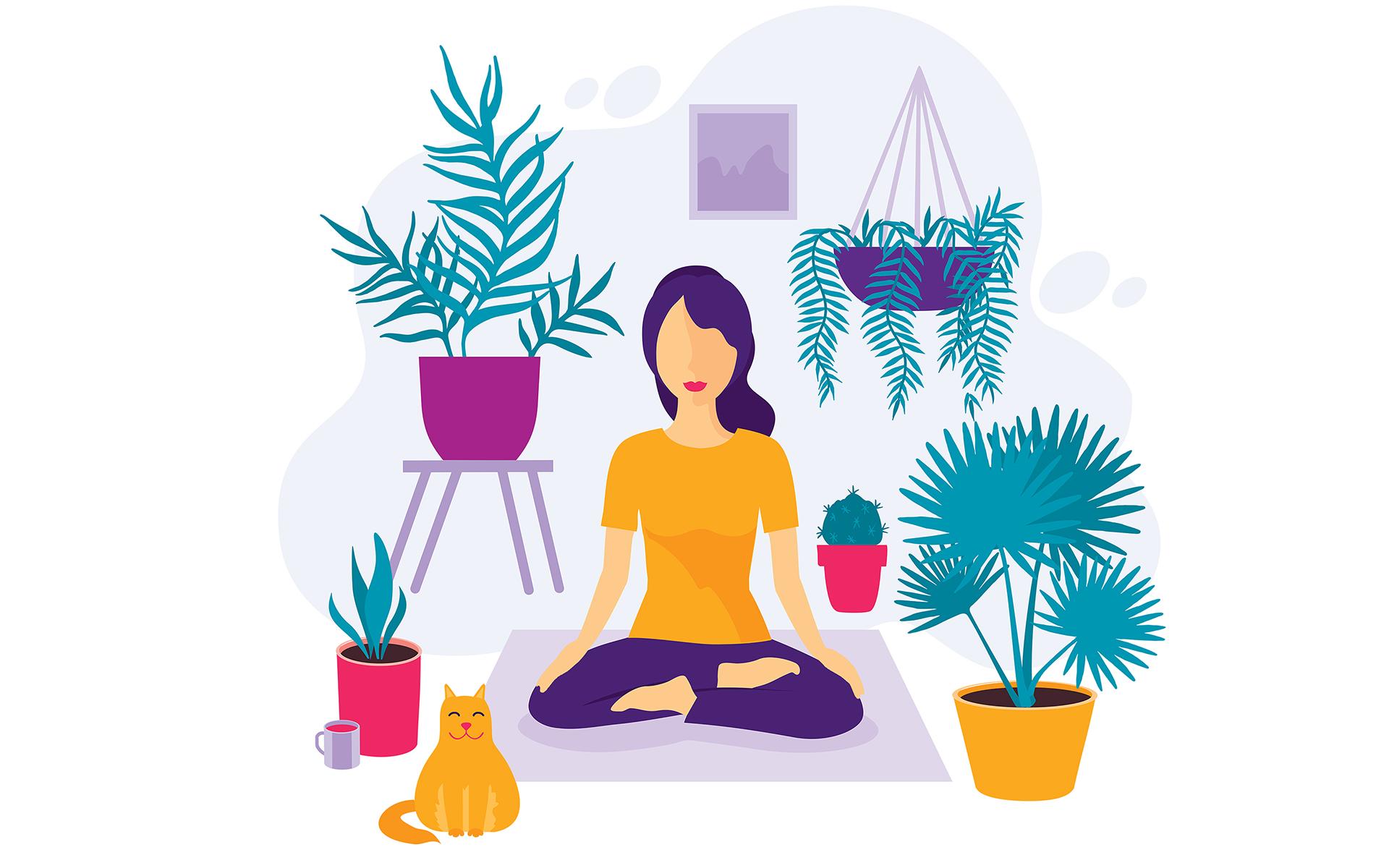In recent years, meditation has gracefully woven itself into the fabric of Western wellness culture, a practice once considered exotic and esoteric now appearing as a staple in gyms, corporate offices, and even mobile apps. As the pace of modern life accelerates, people are increasingly seeking solace in the quietude of mindfulness, with meditation promising an oasis of calm amid the chaos. Yet, as with any burgeoning trend, questions arise: Is meditation a fleeting fad, or does it offer enduring benefits that transcend the whims of popular culture? This article delves into the heart of this ancient practice, exploring its rise in Western society and examining whether its presence is a temporary balm for the stress-laden or a profound shift towards a more mindful way of living. Join us as we unravel the threads of meditation’s journey from Eastern philosophy to Western mainstream, and ponder whether its current popularity is a passing trend or a permanent fixture in the landscape of wellness. Meditation in Western Culture”>
Meditation in Western Culture”>
Origins and Evolution of Meditation in Western Culture
The journey of meditation into Western culture is a tapestry woven with threads of ancient wisdom and modern curiosity. Its roots trace back to the 1960s, when Eastern philosophies began to captivate Western minds amidst a backdrop of social revolution and a quest for inner peace. The influx of teachers like Maharishi Mahesh Yogi and the influence of practices such as Transcendental Meditation played a pivotal role in this initial introduction. As these practices began to resonate with a Western audience seeking alternative paths to wellness, meditation gradually shed its mystical veneer, becoming more accessible and appealing to the masses.
Throughout the decades, meditation has evolved, blending with Western scientific and psychological frameworks to enhance its credibility and appeal. The practice has integrated into various aspects of life, including:
- Mindfulness-Based Stress Reduction (MBSR): Developed by Jon Kabat-Zinn, this program combines mindfulness meditation and yoga to address stress, pain, and illness.
- Corporate Wellness Programs: Companies have adopted meditation as a tool for boosting employee productivity and well-being.
- Digital Platforms and Apps: The rise of technology has made meditation accessible to millions through guided sessions on platforms like Headspace and Calm.
This seamless integration into diverse aspects of life illustrates meditation’s dynamic adaptability and enduring relevance beyond a mere trend. As it continues to evolve, meditation remains a reflection of both individual and collective aspirations for balance, clarity, and peace in an ever-changing world.

The Science Behind Meditations Popularity
In recent years, meditation has become a staple in Western wellness practices, and its rise can be attributed to a confluence of scientific insights and cultural shifts. Research has demonstrated that meditation can lead to significant benefits for mental health, including reduced stress, anxiety, and depression. These findings are supported by brain imaging studies that reveal changes in areas associated with attention and emotional regulation. As a result, meditation is often recommended by healthcare professionals as a complementary approach to traditional treatments.
- Neuroplasticity: Regular meditation practices have been shown to enhance neuroplasticity, allowing the brain to form new connections and pathways.
- Mindfulness: Practicing mindfulness through meditation helps individuals become more aware of their thoughts and emotions, fostering a greater sense of control.
- Stress Reduction: By activating the parasympathetic nervous system, meditation helps reduce the body’s stress response, promoting relaxation and calmness.
Beyond the scientific realm, the popularity of meditation is also fueled by a growing cultural acceptance of holistic health practices. As society becomes more open to diverse healing modalities, meditation has transcended its origins, becoming a universal tool for personal well-being.

Integrating Meditation into Everyday Life
Incorporating meditation into daily routines doesn’t require a radical lifestyle change. It’s about finding small moments throughout the day to pause and center oneself. Whether it’s during a morning coffee ritual or a brief pause before bedtime, meditation can seamlessly blend into one’s existing schedule. The key is consistency, which can be achieved through simple practices like:
- Starting with just five minutes of mindful breathing.
- Using guided meditation apps during commute time.
- Taking mindful walks in nature or even around the block.
- Practicing gratitude meditation before meals.
Consistency is more important than duration. Over time, these moments of mindfulness can cultivate a deeper sense of peace and clarity, enhancing overall well-being. As with any new habit, patience and persistence are crucial.
Evaluating the Long-term Benefits of Meditation Practices
In exploring the profound impact of meditation, it’s essential to delve into its long-term benefits that extend beyond the immediate sense of calm and relaxation. Meditation has been shown to foster enduring improvements in mental health, including reduced anxiety and depression. Scientific studies have demonstrated that consistent meditation practice can lead to changes in the brain’s structure, enhancing areas responsible for emotional regulation, attention, and self-awareness. These changes often result in a more balanced and resilient mindset, equipping individuals to navigate life’s challenges with greater ease.
Moreover, the physiological advantages are equally compelling. Regular meditation is associated with a reduction in stress-related health issues, including high blood pressure and chronic pain. Over time, practitioners may experience a strengthened immune system and an overall increase in energy levels. Here are some key long-term benefits of meditation practices:
- Enhanced focus and concentration
- Improved emotional health and stability
- Increased self-awareness
- Better sleep quality
- Heightened creativity and problem-solving skills
These benefits suggest that meditation is far more than a fleeting trend; it’s a sustainable practice with the potential to significantly enhance quality of life over the long term.
In Retrospect
As we draw our exploration to a close, the intricate tapestry of meditation within Western wellness unfolds with threads of both tradition and transformation. Whether a fleeting trend or a lasting pillar, meditation invites us to pause amidst the rush, offering a quiet sanctuary in the cacophony of modern life. It whispers of ancient wisdom while adapting to contemporary needs, challenging us to look beyond the surface and delve into its depths. the true essence of meditation lies not in its label as a trend, but in the personal journeys it fosters and the subtle shifts it inspires. Whether embraced for a moment or a lifetime, its presence in the West continues to provoke thought, invite reflection, and, perhaps, gently guide us toward a more mindful existence. As we stand at the crossroads of old and new, may we each find our own path, guided by the silent promise of meditation.
